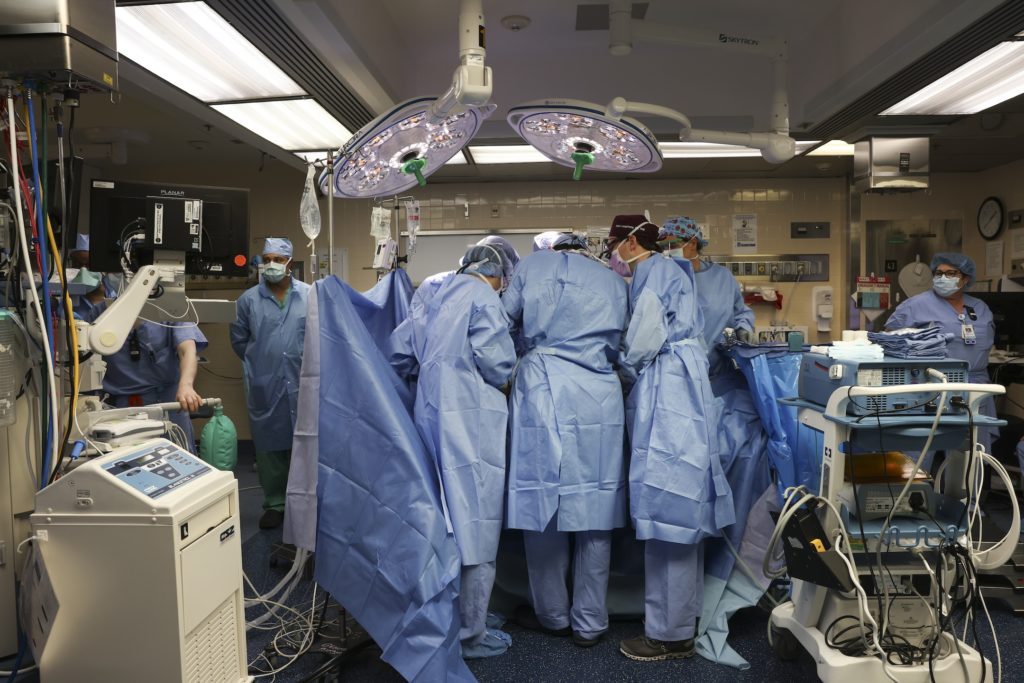Dr. Leonardo Riera:
This has always been a major debate throughout the field of xenotransplantation.
So how much risk is there? What we have learned over the past 20 years in many animal studies is that if these pigs are tested frequently and kept in a very isolated manner, the risk of infection can actually be kept very low. It means you can.
And what is unique about the pig that donated the kidney to our patient is that, in addition to the improved compatibility mentioned earlier, they also made 59 modifications to their genes, particularly to several endogenously present retroviruses. I think. on the pig.
This creates additional safety in terms of minimizing infection from pigs. The pigs were then tested for all other pathogens, bacteria, and viruses that may be present and were found to be negative prior to transplantation. And it’s reassuring.
So we think the overall risk is very low, but of course we’re going to monitor it very closely because this is the first time we’re doing this on humans.

